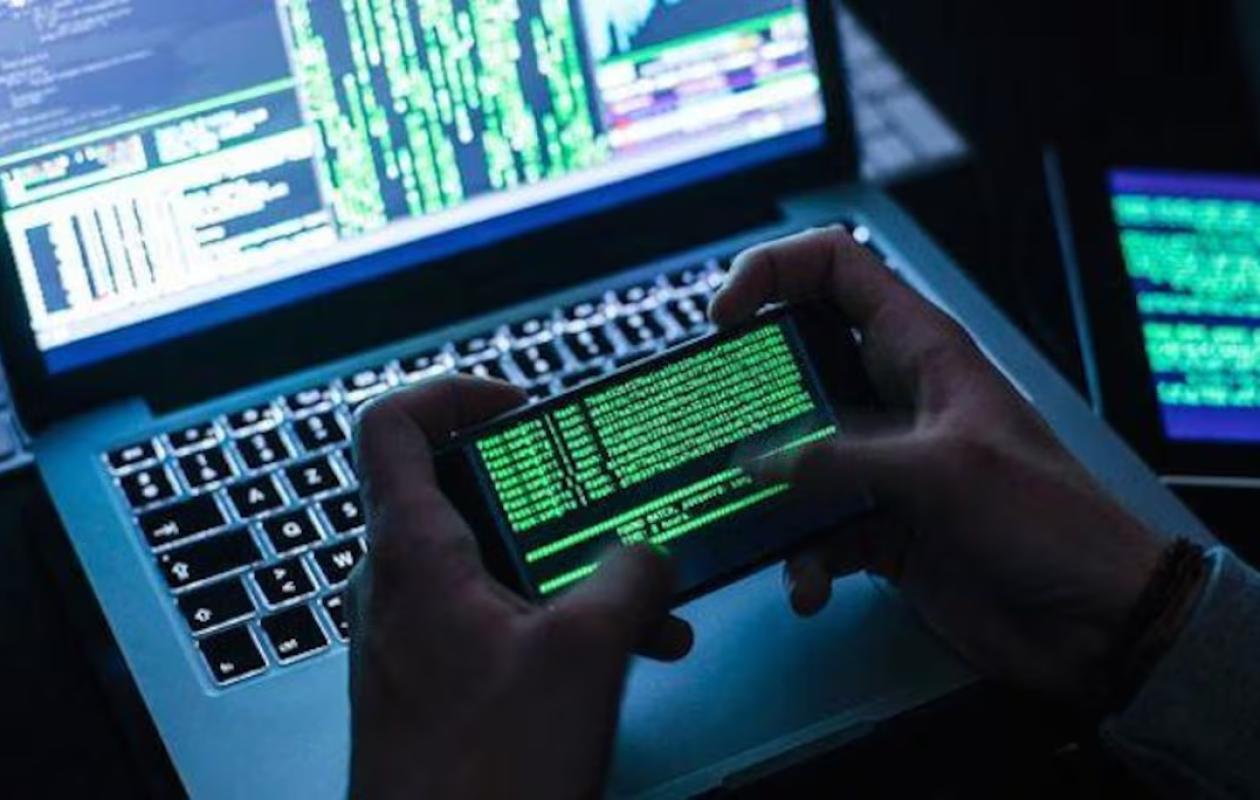
Lutte contre la cybersécurité : L’Afrique de l’Ouest engage la réflexion pour une stratégie commune
In a context of growing digital threats and increased technological dependence, West Africa is uniting to reflect on a common strategy. It is within this framework that a West African sub-regional symposium on cybersecurity and digital sovereignty opened Monday in Dakar. Under the theme "Cybersecurity and digital sovereignty in West Africa: issues, challenges, and solutions for responsible governance and enhanced protection," this meeting, which is being held from October 13 to 14, 2025, at the Confucius Institute of Cheikh Anta Diop University in Dakar, is organized by the Center for Research and Studies for Development in Africa (CREDA). It aims to strengthen cooperation between West African countries in the face of cyber threats, promote technological sovereignty, and encourage the pooling of skills and infrastructure.
To this end, this sub-regional symposium brought together public decision-makers from Burkina Faso, Niger, Iran, and Côte d'Ivoire, as well as sub-regional organizations, experts, researchers, civil society actors, the private sector, digital professionals, and students, among others. These participants will exchange perspectives, share experiences, and together outline a sub-regional roadmap to address these challenges.
According to the president of the Center for Research and Studies for Development in Africa (CREDA), West Africa is facing a dizzying rise in cyber threats. "The digital revolution we are experiencing is transforming our society at breakneck speed. While the opportunities are immense in terms of education, health, governance, and entrepreneurship, the risks are just as immense. West Africa, like all regions of the world, is facing an exponential rise in cyber threats: attacks on critical infrastructure, proliferation of digital fraud, data manipulation. This reality is no longer a distant echo but our daily lives," revealed Alioune Badara Sy.
"This conference is not just an academic meeting. It is a call to action, a framework to strengthen sub-regional collaboration, to stimulate local digital innovation, and to build true West African digital sovereignty based on our skills, our values, and our ambitions. It is time for West Africa to no longer be solely a consumer of technologies developed elsewhere, but to become a co-creator of its own digital destiny. This requires investment in talent, coherent public policies, shared infrastructure, and, above all, a strong political will," added the president of CREDA, noting that this meeting, which is a first step, must lead to "concrete and lasting commitments."
The work is structured around five major workshops covering the fundamental pillars of cybersecurity. These are: "Cybersecurity and Regional Governance of Critical Infrastructures", "Digital Sovereignty and Technological Resilience", "Fighting Cybercrime and Judicial Cooperation", "Protection of Personal Data and Digital Trust" and finally, "Reporting and Final Validation of the Work".
Commentaires (4)
Voici à mon avis quelques questions à se poser:
1. Avons nous des controls efficaces de gestion des accès à nos informations critiques?
2. Quels sont nos informations sensibles à protéger? Les informations personnelles en font parti peut etre mais la protection des données sensibles va au delà
3. Quels moyens utilisons nous pour chiffrer nos données sensibles au repos comme en transit?
4. Avons nous des sauvegardes de ces données
5. Est-ce que nos politiques actuelles couvrent bien le trio people (education des personnes) Process (procedures de securité Claires pour tous) Technologies (implementations techniques des controles)?
Ce sont là juste quelques questions mis en avant mais il y en a des tonnes qui à min avis apporteraient plus de valeurs à notre ecosystems cyber si elles sont posées.
Salutations chaleureuses à tous.
Participer à la Discussion
Règles de la communauté :
💡 Astuce : Utilisez des emojis depuis votre téléphone ou le module emoji ci-dessous. Cliquez sur GIF pour ajouter un GIF animé. Collez un lien X/Twitter ou TikTok pour l'afficher automatiquement.